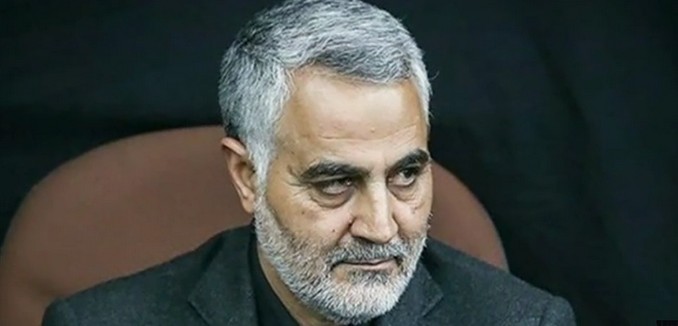A United Nations panel found that Western nations have systematically ignored Iranian violations of international sanctions so as not to jeopardize the talks over Iran’s illicit nuclear program, Bloomberg News reported today. The sanctions were put in place because of the country’s nuclear proliferation and support for terror.
“The current situation with reporting could reflect a general reduction of procurement activities by the Iranian side or a political decision by some member states to refrain from reporting to avoid a possible negative impact on ongoing negotiations” between Iran and six world powers, said a panel of experts for the UN committee on Iran sanctions in its latest report, dated June 1 and made public Tuesday.
While the panel found that Iran “implemented its commitments” under an interim framework easing economic sanctions in return for curbs on its nuclear activities, the report raised questions about whether countries, including the U.S. and its European allies, have looked the other way on some sanctions violations.
The report prompted Mark Dubowitz, executive director of the Foundation for Defense of Democracies, to charge the Obama administration with ignoring the violations out of political expediency. “This is a clear political decision not to publicize these examples of sanctions evasion in order to ensure that public reporting on this doesn’t in any way jeopardize the talks or harden congressional resolve,” Dubowitz told Bloomberg. “The Obama administration has bent over backwards to try and whitewash Iranian violations both on the nuclear side and also on the sanction-busting side.”
The UN panel reported that Iran has an active, illicit nuclear procurement network. In addition, it noted that Gen. Qassem Suleimani, the commander of Iran’s Islamic Revolutionary Guard Corps-Qods Force, was not reported to the panel, even though he has been photographed in Iraq, Syria, and Lebanon despite being subject to a UN-imposed travel ban.
David Daoud provided more background about Suleimani in Meet the Proxies: How Iran Spreads Its Empire through Terrorist Militias, which was published in the March 2015 issue of The Tower Magazine.
Tehran coordinates and provides a wide array of support and aid to its proxies, mainly through the IRGC-QF and its commander, Qassem Suleimani. It seems important, then, to recall that the U.S. Treasury Department has designated the IRGC-QF and its commander for activities related to the proliferation of weapons of mass destruction and support for terrorism, accusing the Quds Force in 2007 of providing material support to the Taliban and other terrorist groups. The Justice Department cited the group as “conduct[ing] sensitive covert operations abroad, including terrorist attacks, assassinations and kidnappings, and is believed to sponsor attacks against Coalition Forces in Iraq.”
According to the UN report, an unidentified country reported that Iran tried to purchase a nuclear compressor, which can be used to extract enriched uranium from centrifuge cascades. That country has been identified by Reuters as the Czech Republic.
Reuters also reported last month that the United States had been warned that Mahan Air, a sanctioned Iranian airline, was trying to purchase aircraft but did nothing to stop the purchase. Also last month, Iran threatened to break the Saudi naval blockade of Yemen with a ship operated by Islamic Republic of Iran Shipping Lines, which was sanctioned by the U.S. Treasury Department in 2008.
[Photo: BBC Newsnight / YouTube ]




